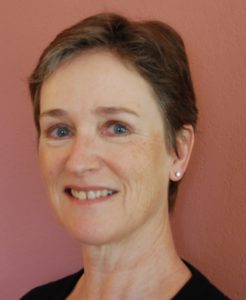
Frances Houle is Deputy Director of the Liquid Sunlight Alliance Energy Innovation Hub, Thrust Lead in the Center for High Precision Patterning Science EFRC, and Senior Scientist in the Chemical Sciences Division and the Molecular Biophysics and Integrated Bioimaging Division at Lawrence Berkeley National Laboratory. Her scientific interests are in the areas of mechanisms of interfacial, thin film and droplet transformations, particularly at the nanoscale, investigated using both experimental and computational techniques. She received the BA from the University of California at Irvine and the PhD from the California Institute of Technology, both in chemistry. Prior to her current appointment she was a postdoctoral fellow at LBNL and the UC Berkeley Chemistry Department, Research Staff Member in the IBM Research Division in San Jose, California, Manager of Materials Development at InVisage Technologies, a startup company making nanoparticle-based image sensors that has been acquired by Apple, and Director of Strategic Initiatives in the Chemical Sciences Division at LBNL. She served as Deputy Director for Science and Research Integration of the Joint Center for Artificial Photosynthesis. She has received numerous awards including a 2022 R&D100 Award, the 2009 American Vacuum Society John A Thornton Memorial Award and Lecture, the 1999 American Institute of Chemical Engineers Northern California Section Research Project of the Year, and the 1998 IBM Environmental Affairs Excellence Award. She is a Fellow of the American Physical Society and Fellow of the AVS, and member of the American Chemical Society, the Materials Research Society and the Electrochemical Society. She has been active in professional service, and is currently serving on several scientific advisory boards.
Current Lab Members
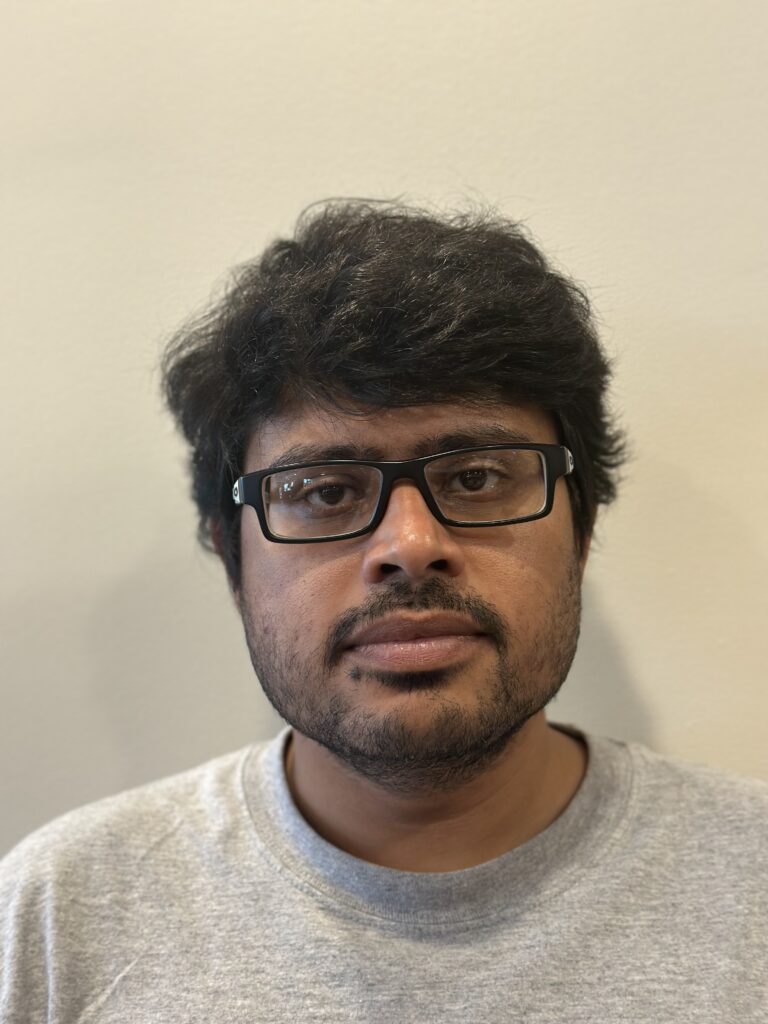
Karnamohit Ranka is a postdoc in the Liquid Sunlight Alliance (LiSA). He is from Nashik, India. He earned his PhD in computational chemistry from UC Merced, where he used statistical learning methods to build Hamiltonian models for predicting electron dynamics and studied the effects of molecular size on the errors due to the adiabatic approximation. His current work is focused on modeling stochastic kinetics of Cu corrosion and other processes that occur during photoelectrocatalytic CO2 reduction. He is not too outdoorsy but likes mountains as well as beaches. He enjoys playing and keeping up with the worlds of chess and soccer. He enjoys a wide variety of music but is partial to rock ‘n roll (and almost all kinds of oldies and folk music).
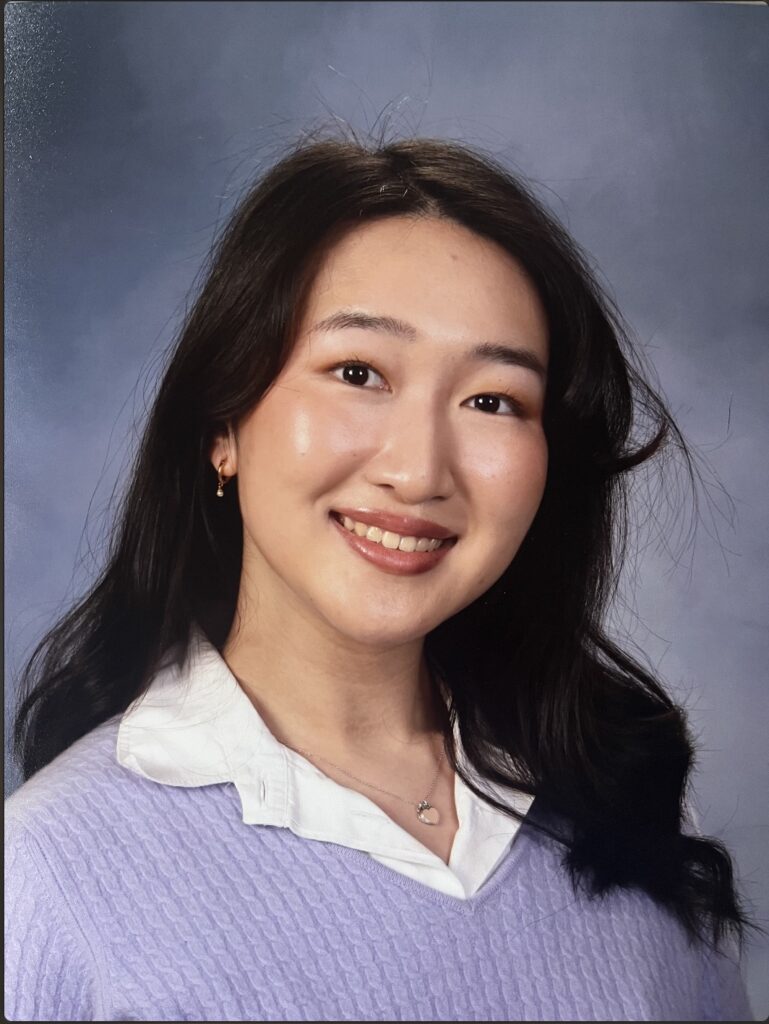
Casey Tsai graduated from Carnegie Mellon University in 2023 with a BS degree in Chemistry and an additional concentration in Computational Chemistry. She’s done previous research in optimizing reaction conditions for regioselective epoxide ring-opening reactions and studying metal reactivity in carboxylation reactions with metalloenzymes. Her current project is modeling ultra-fast mixing in protein crystals through a drop-on-drop dispensing system with serial femto-second crystallography, which she started as a SULI intern and is continuing as a post-bac researcher. In her free time, she loves to read, drink good tea, and listen to Taylor Swift.
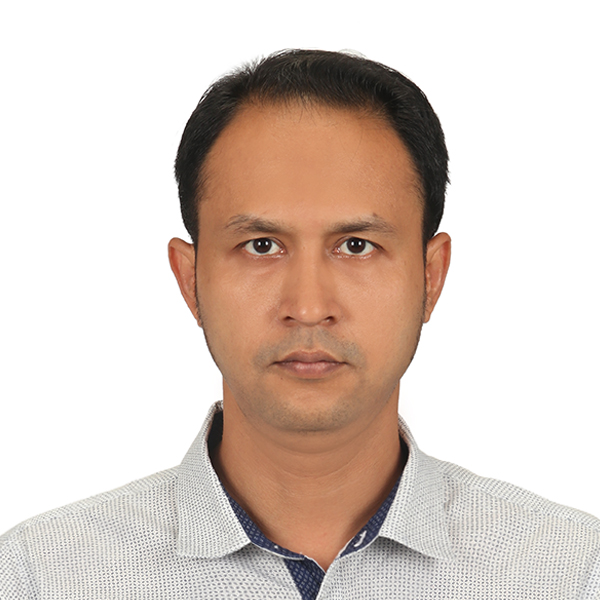
Aung Paing is a Masters student in Chemical Engineering at San Jose State University, under the supervision of Professor Dahyun Oh. He received his Undergraduate degree in Chemical Engineering at the Middle East Technical University in Ankara, Turkey, and then worked in the private sector for a few years. His current project is working on modeling and experiments for fundamental aspects of polymer dissolution.
Collaborator
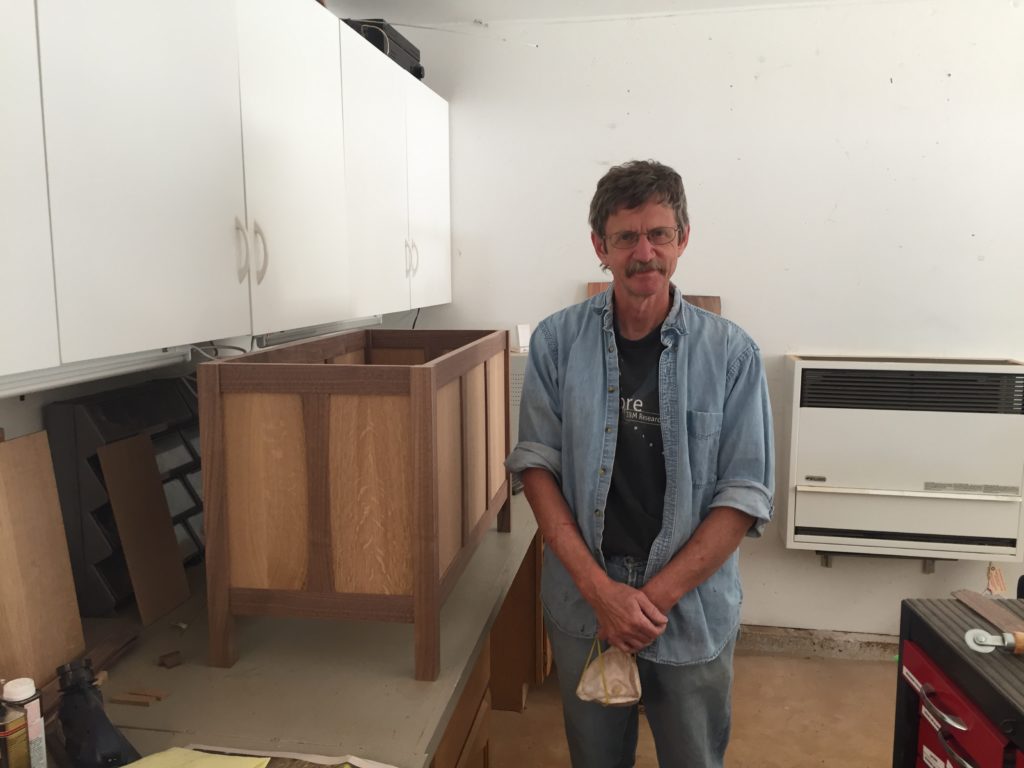
Bill Hinsberg, co-author of Kinetiscope, Columbia Hill Technical Consulting
Alumni

Aaron Weigel, now a data scientist at Synthego Corporation
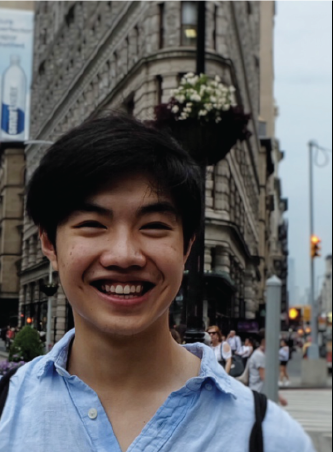
Matthew Liu, now a Beckman postdoctoral fellow in chemical engineering at MIT
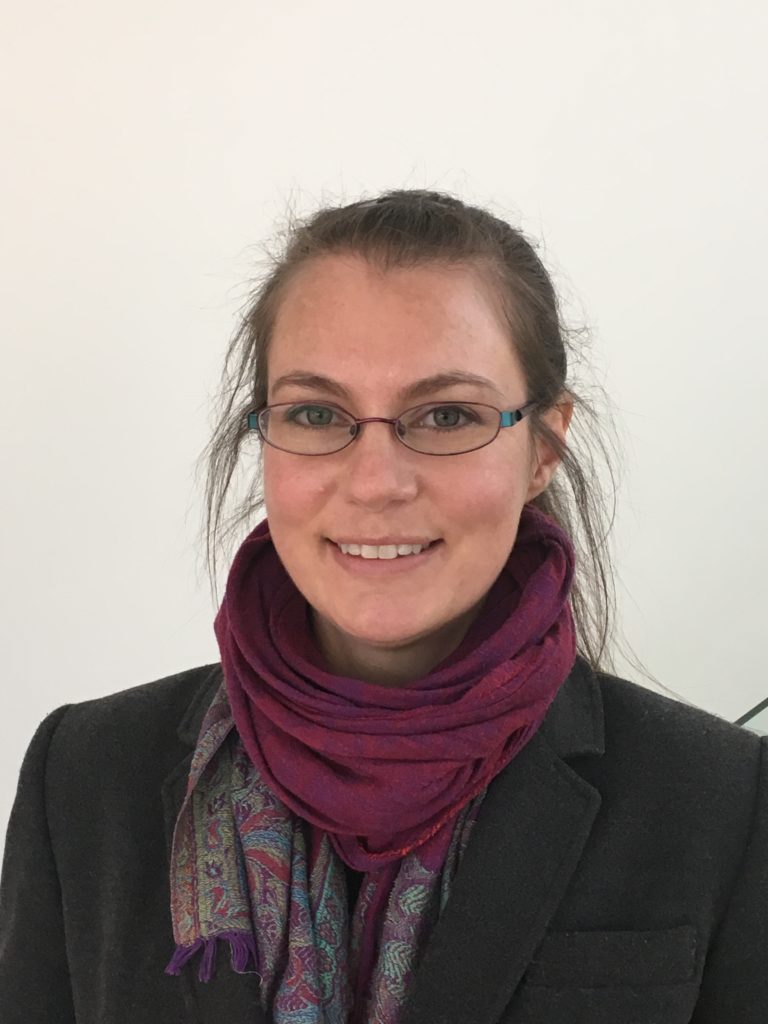
Marielle Soniat Pointer, now a data scientist at LG ESS
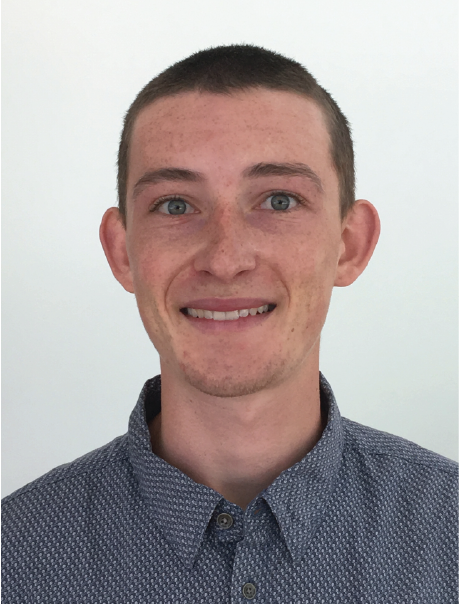
Connor Pollak, now a PhD student in chemistry at Princeton University

Jéa Boodry, now an engineer at the California Air Resources Board
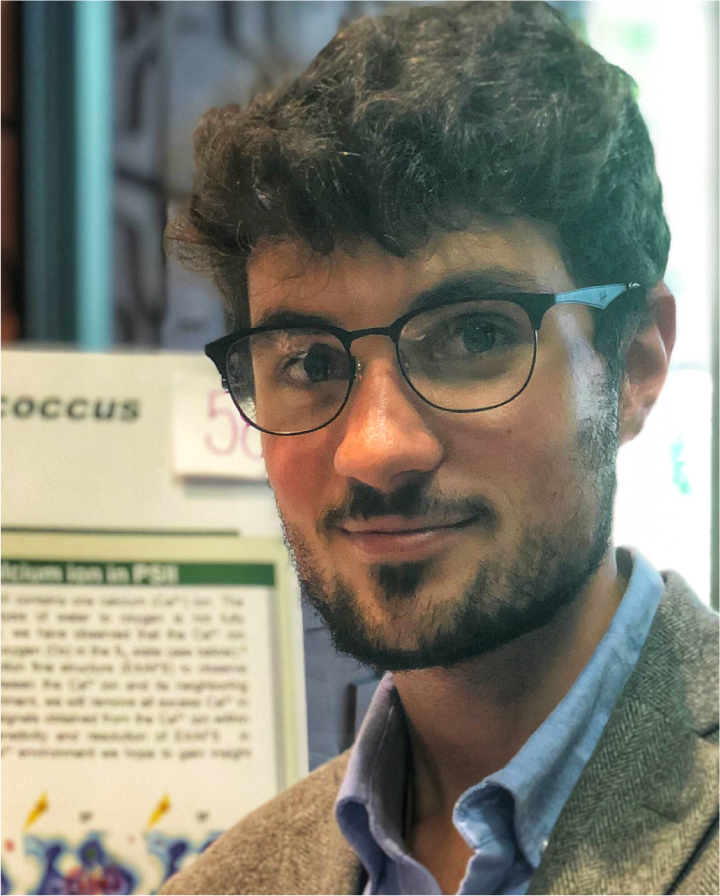
Ramzi Massad, now a PhD student in chemistry at UCLA
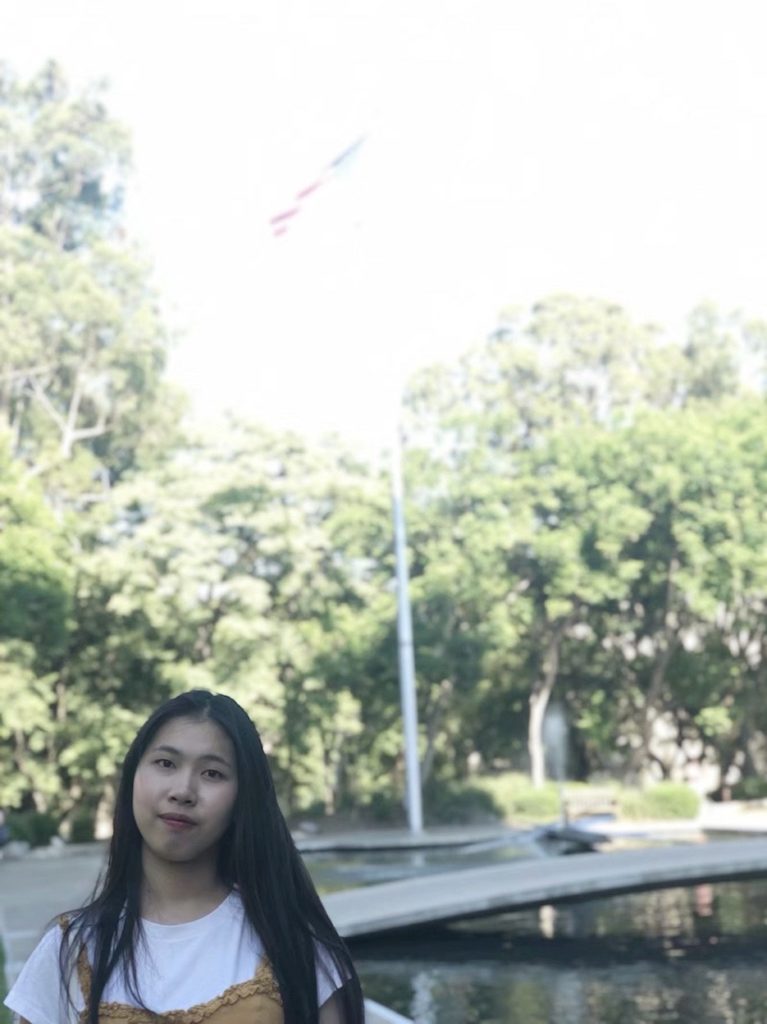
Chenqi Fan, now a PhD student in chemistry at U. Chicago
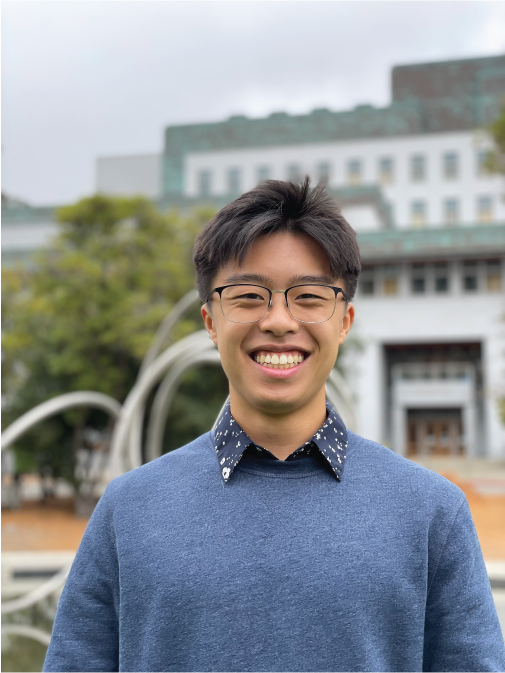
Ethan Yu, recently graduated with a degree in Chemical Engineering from UC Berkeley
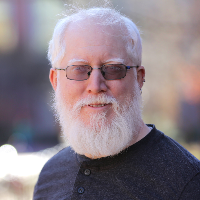
Thomas Cheshire, now a data scientist at HireVue
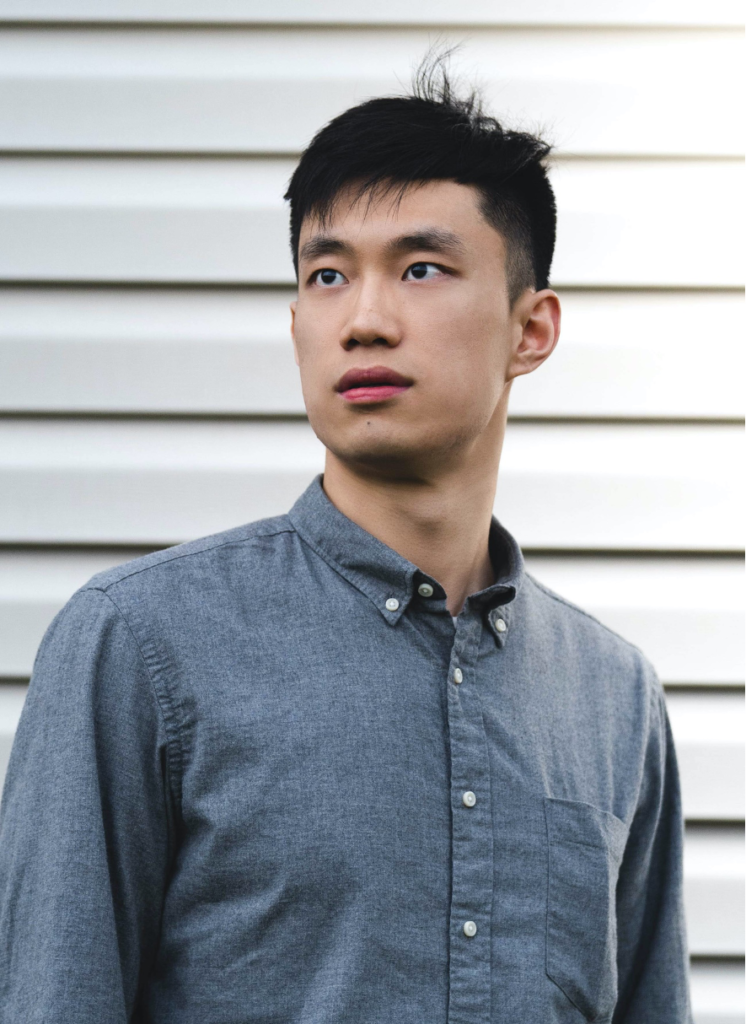
Sirui Li, now a postdoc at Los Alamos National Lab
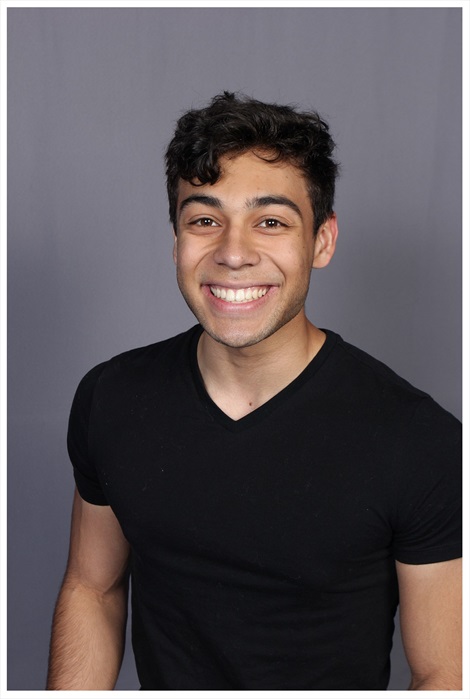
Gabriel Benitez, now a PhD student at the Colorado School of Mines
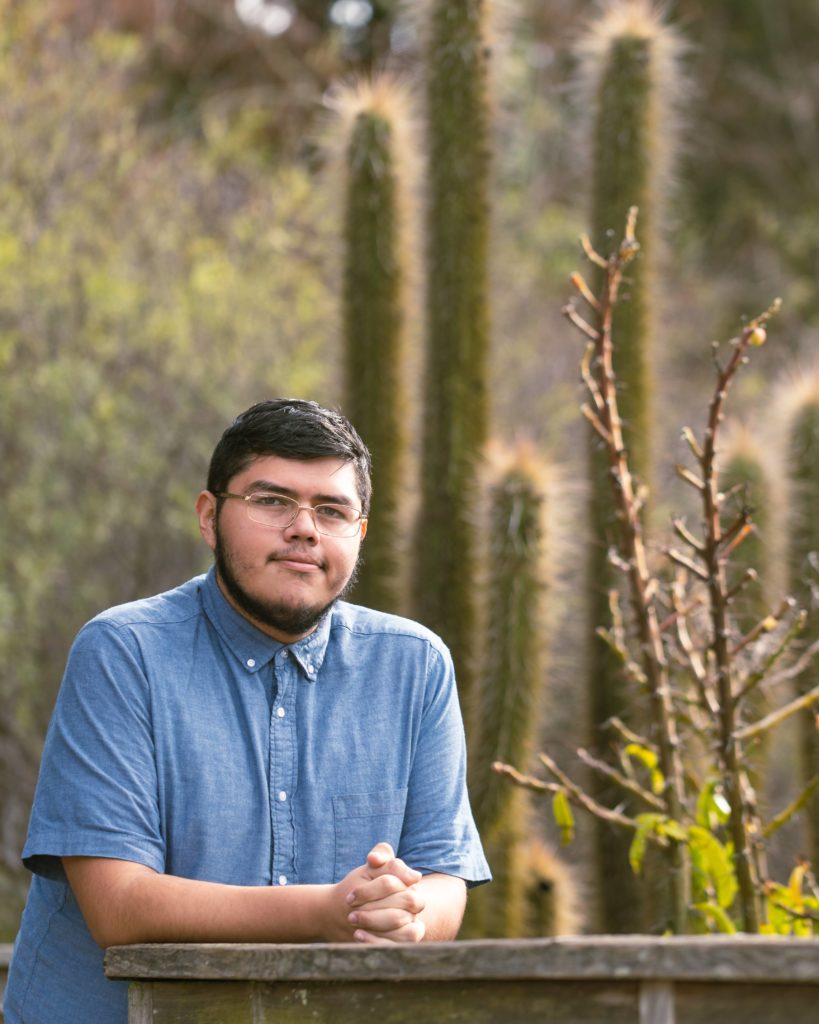
Luis Cruz recently graduated from the University of California, Merced.
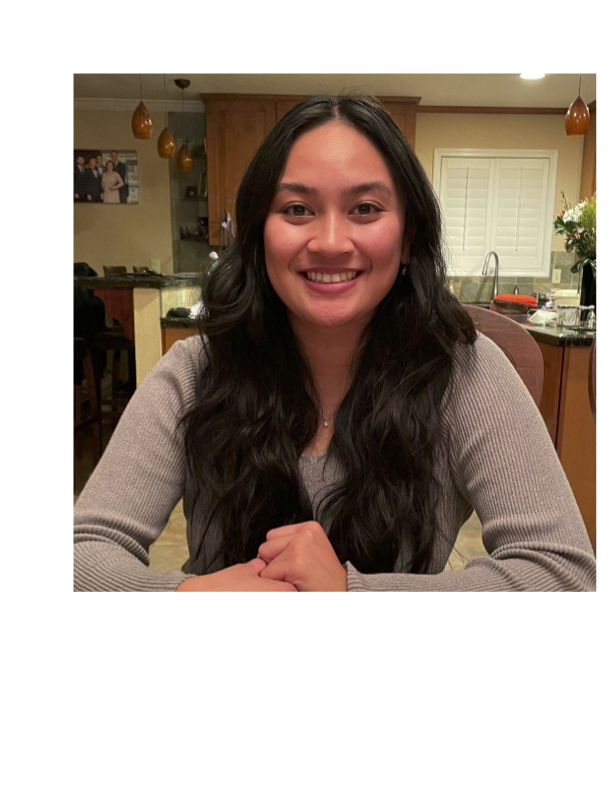
Alexis Esguerra, now a student preparing for advanced studies
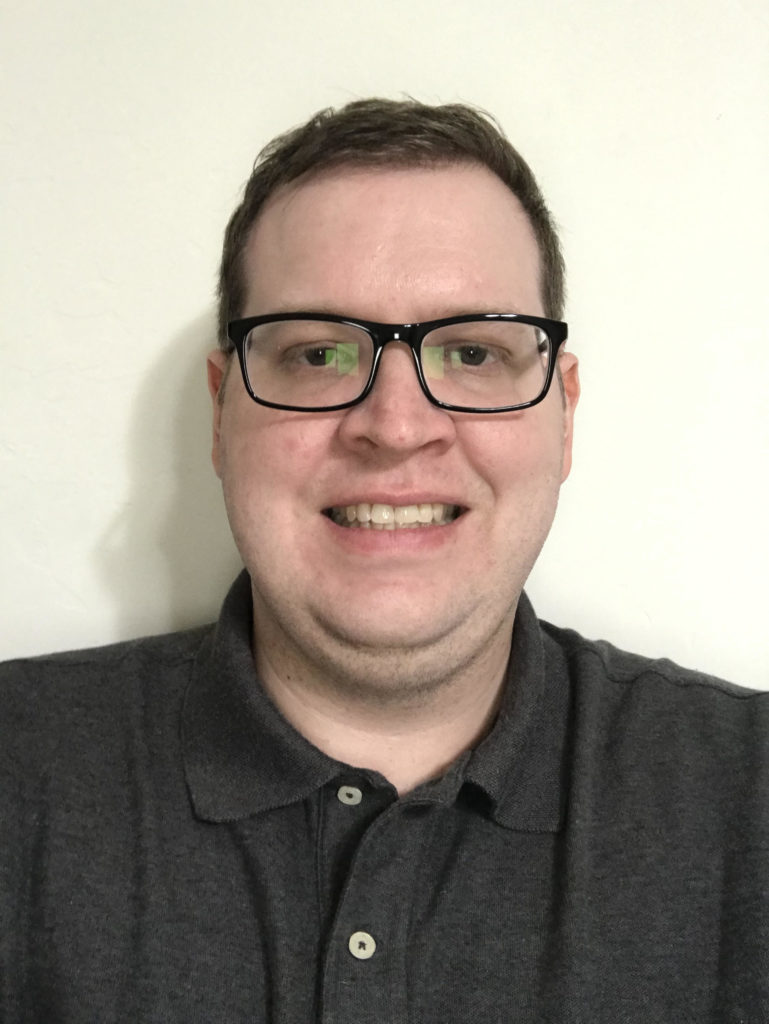
Jacob Milton, recently completed his postdoctoral appointment at LBNL

Pan Wang, now a postdoc in a new group at LBNL